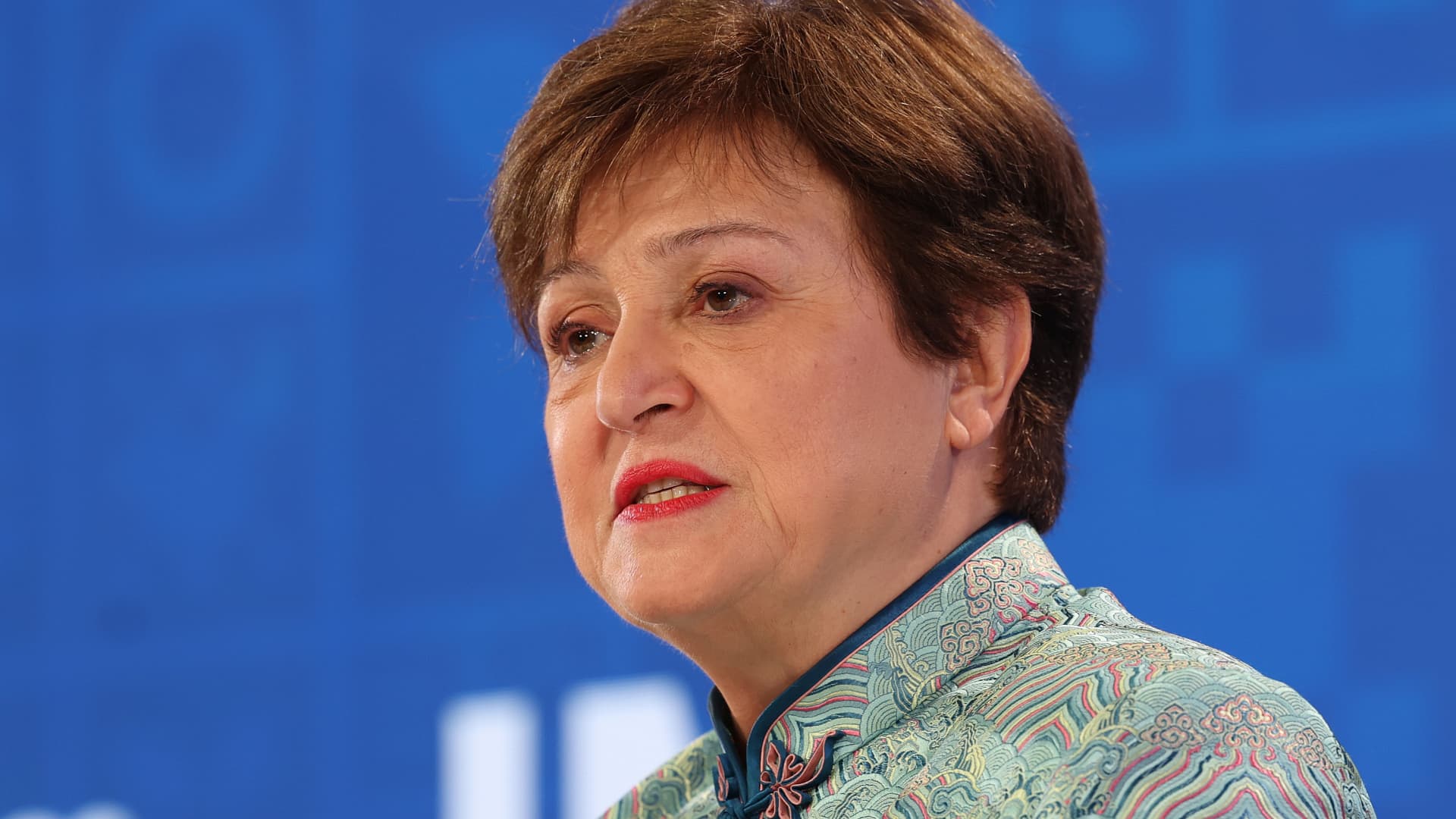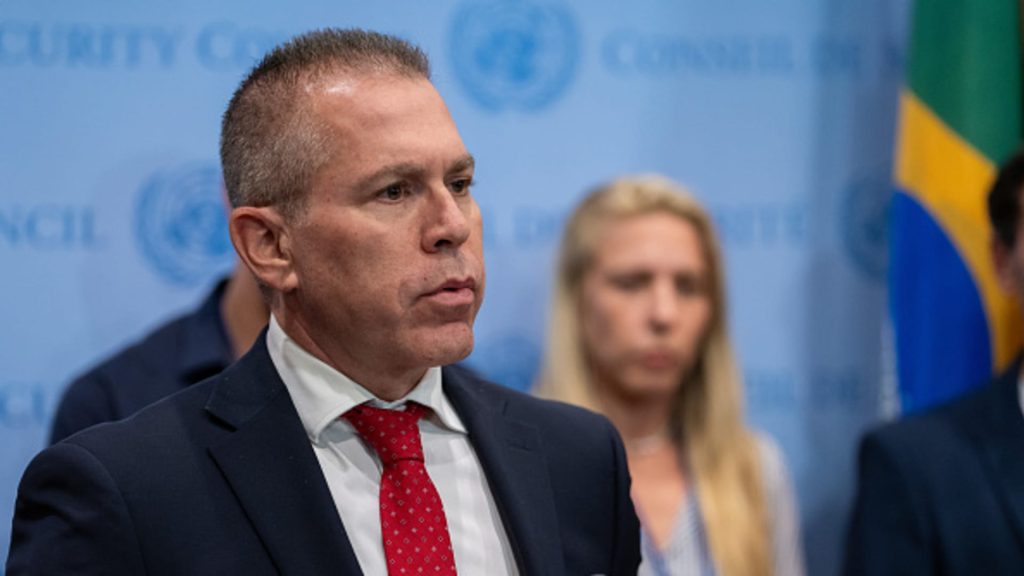The head of the International Monetary Fund on Wednesday dubbed the worsening Israel-Hamas conflict as another cloud on the horizon of an already gloomy economic outlook.
“What we see is more jitters in what has already been an anxious world,” Managing Director Kristalina Georgieva told a panel hosted by CNBC’s Dan Murphy at the Future Investment Initiative Institute conference in Riyadh.
“And on a horizon that had plenty of clouds, one more — and it can get deeper.”
Georgieva said that the economic fallout from the war, now in its third week, would be “terrible” for the sides involved, as well as have significant repercussions for the region. Those include negative impacts on trade and tourism.
“It is terrible in terms of economic prospects for the epicenter for the war,” she said. “[There will be] negative impact on the neighbors: on trade channels, on tourism channels, cost of insurance.”
Georgieva noted that countries including Egypt, Lebanon and Jordan were already feeling the ramifications.
“Uncertainty is a killer for tourists inflows. Investors are going to be shy to go to that place,” she said.
She did not reference the economic implications of the conflict for the wider global economy, but noted that the outlook was already stagnant.
Georgieva’s assessment that the war is adding to a sense of “a more jittery world, more anxiety in the world” was felt by other senior business figures at the FII conference.
Dubbed “Davos in the desert,” the event typically focuses on economic and investment prospects around the Middle East region. This year, it has been overshadowed by Israel’s ongoing offensive against the Gaza Strip, following the Oct. 7 terror attacks carried out by Palestinian militant group Hamas against Israel.
The hostilities came as Israel had been making moves to normalize diplomatic ties with its neighbors, including Saudi Arabia.
Georgieva said the IMF’s first priority was “the tragic lost of life” caused by the offensive and called for a resolution as soon as possible.
“The sooner there is a resolution, the better,” she said.
Read the full article here







